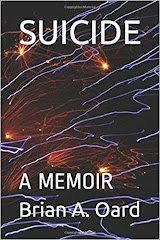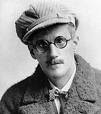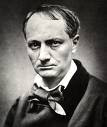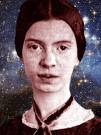Thursday, February 28, 2013
Philip Roth is Coming... to PBS
A life of low expectations makes the rare pleasant surprises that much more enjoyable, so I'm not expecting much from the upcoming PBS American Masters documentary on Philip Roth. (Premiering March 29, 2013; check local listings.) But even if it doesn't do more than scratch the Rothian surface, the prospect of any American TV network giving prime airtime to a writer of literary fiction is cause for celebration, fireworks, block parties, samba in the streets. (One bad sign: the PBS webpage describes Roth as "reclusive." He's not, he never has been, and he probably never will be. The fact that this documentary exists attests to that. Likewise the fact that he has been interviewed by Terry Gross on Fresh Air. Recluses don't talk to Terry.)
Monday, February 4, 2013
NATIVE SON by Richard Wright
Native Son is that rare three-act novel in which the middle act is markedly superior to the other two. Richard Wright's attempt to synthesize Dreiser and Dostoyevsky in this tale of the crime and punishment of Bigger Thomas--1930s Chicago's very worst HVAC technician--errs in leaning too heavily toward Dreiserian naturalism at the expense of Dostoyevskian expressionism. Part one, "Fear," contains some good scenes (the death of Mary; the movie house masturbation, the 'playing white' scene), but too much of the section veers toward the ridiculous: the prose is uninspired and the storytelling heavy-handed; two important characters are cardboard caricatures of naive leftists; contrived coincidences (such as Bigger seeing Mary in a newsreel hours before meeting her) strain the reader's credulity; and the gruesome disposal of the body (surely intended as horrific) reads as a darkly comic parody of melodrama, a reading encouraged by Wright's portrayal of Mary as an endlessly annoying fashionably radical rich girl (most readers will want to mentally assist Bigger in his crematorial labors). The final part, "Fate," sacrifices drama on the altar of naturalism, devoting far too many pages to the static transcription of courtroom speeches; Max's extended address to the court is important and interesting, but its length stops the narrative cold. Only the central section, "Flight," saves the novel. Here an expertly handled Hitchcockian irony (the girl for whom they search is inside the furnace that warms them) produces a constant suspense equal to that of the later flight and pursuit; Bigger's murder of Bessie is as chilling as it needs to be (probably because Wright allows her more humanity than he gave Mary and thus solicits a greater sympathy from the reader); and even the prose in this section achieves a heretofore unprecedented lyricism, at one point launching into a single-paragraph unpunctuated expressionistic dream sequence that indicates what this novel might have been had Wright allowed himself to jettison the rhetoric of social realism and cut loose. Native Son could have been as good as Faulkner. Instead, it seems uncomfortably suspended between aestheticism and didacticism, as though Wright can't decide whether to be a poet or a preacher and is uncomfortable with both roles.
Subscribe to:
Posts (Atom)









